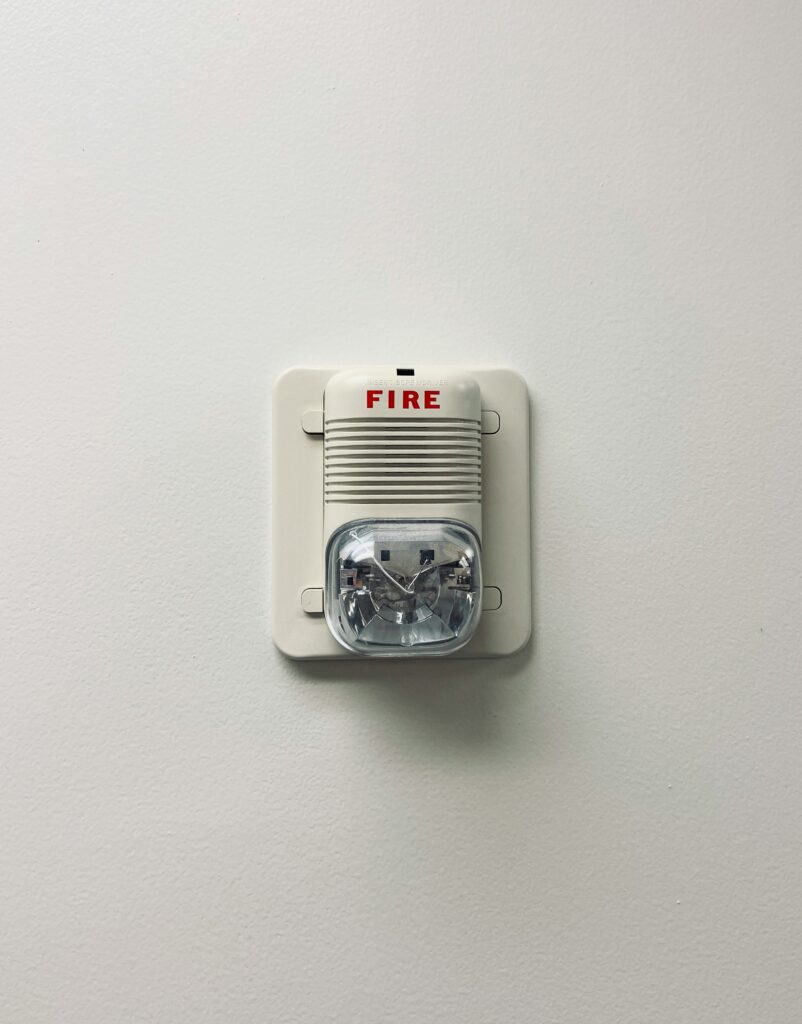Common Issues with Fire Alarm Systems and How to Troubleshoot Them
Fire alarm systems are critical components in ensuring the safety of lives and property. These systems are designed to detect and alert occupants to the presence of a fire, allowing for a swift and organized evacuation. However, like any complex system, fire alarms can experience issues that may compromise their functionality. In this article, we will explore some common problems associated with fire alarm systems and provide insights on troubleshooting to ensure these systems remain reliable when needed the most.

False Alarms
One of the most frequent issues with fire alarm systems is false alarms. False alarms can be triggered by various factors, including dust, steam, cooking fumes, or even insects. To troubleshoot false alarms, regular system maintenance is crucial. Cleaning smoke detectors, ensuring proper ventilation, and installing insect screens can significantly reduce the occurrence of false alarms.
Power Supply Problems
A reliable power supply is essential for the proper functioning of fire alarm systems. Power interruptions or fluctuations can lead to system malfunctions. Regularly check the power source, including batteries in backup systems. Ensure that the primary power supply is stable, and batteries are in good condition. If issues persist, consult with a professional technician to inspect and replace faulty components.
Sensor Faults
Smoke detectors and heat sensors are the backbone of fire alarm systems. Sensor faults can arise due to aging, dirt accumulation, or environmental conditions. Regular testing and cleaning of sensors are essential. In case of persistent issues, consider replacing the faulty sensors or consulting with a professional technician to assess and rectify the problem.
Faulty Wiring
Wiring issues can lead to system failures or intermittent faults. Regular inspections of wiring connections, conduits, and junction boxes are crucial. Look for signs of wear, corrosion, or loose connections. Any damaged or compromised wiring should be promptly replaced. It’s recommended to have a licensed electrician conduct a thorough inspection of the system’s wiring periodically.
Poor System Design
In some cases, fire alarm systems may experience issues due to inadequate design or improper installation. This can lead to coverage gaps or unreliable detection. Consult with a certified fire alarm system professional to evaluate the system’s design and make necessary adjustments. Regular training for occupants on proper use and understanding of the system can also mitigate user-related issues.
Communication Failures
Modern fire alarm systems often include communication features for alerting emergency services. Communication failures can occur due to network issues or equipment malfunctions. Regularly test communication channels and ensure that all components, including the central monitoring station, are functioning correctly. Establish a routine maintenance schedule for communication equipment.
Outdated Technology
As technology evolves, older fire alarm systems may become obsolete or less effective. If your system is outdated, consider upgrading to the latest technology to ensure optimal performance. Newer systems often come with enhanced features, improved reliability, and better compatibility with other building systems.
Improperly Positioned Detectors
The placement of smoke detectors and heat sensors is critical for effective fire detection. Detectors positioned too close to air vents, in corners, or near sources of interference can lead to inaccurate readings. Regularly assess the placement of detectors and make adjustments as needed. Follow manufacturer guidelines for proper spacing and positioning.
Maintaining a reliable and effective fire alarm system requires diligence, regular inspections, and prompt troubleshooting of any identified issues. By addressing common problems such as false alarms, power supply issues, sensor faults, and others, building owners and managers can ensure that their fire alarm systems remain in peak condition, ready to respond in the event of an emergency. Additionally, collaborating with certified professionals for system design, installation, and maintenance contributes significantly to the overall effectiveness and reliability of fire alarm systems. Regular training of occupants on the proper use and response to fire alarms is equally important, creating a comprehensive approach to fire safety in both residential and commercial settings.





